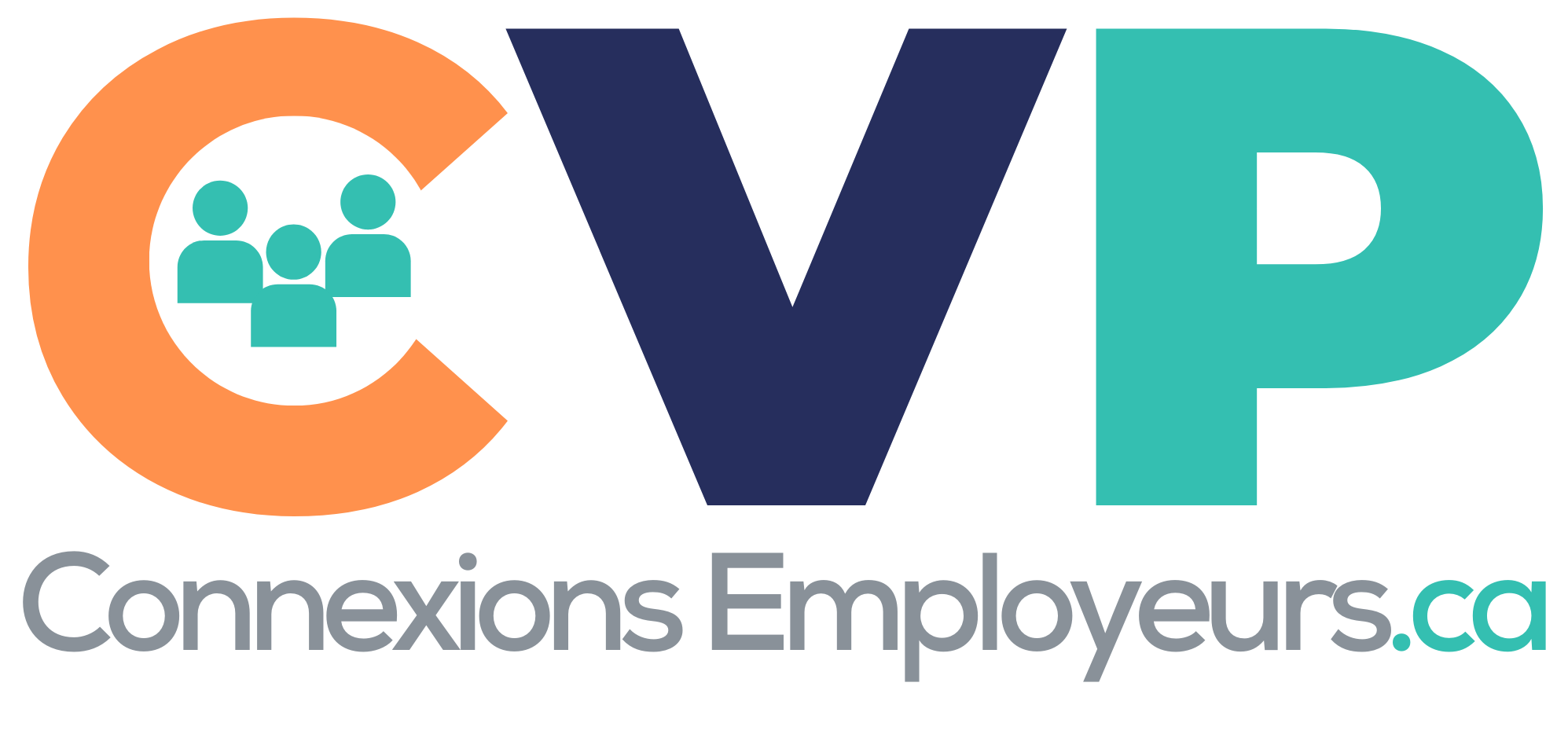How to Help Refugees — and Your Company — by Hiring from This Overlooked Talent Pool

A professor from Afghanistan who speaks multiple languages. A highly experienced doctor who fled her home in Syria. A student from the Democratic Republic of Congo whose education was interrupted by conflict and who is eager to increase his skill set.
This is just a small sampling of the talent pool in the refugee population. “We now have more than 27 million refugees around the world, people who have left their home country due to war, violence, conflicts, or persecution,” said Lisa Gunnarson, LinkedIn’s Stockholm-based manager of Nordic countries, who moderated a LinkedIn Live event focused on hiring refugees earlier this year.
The idea behind the event? Millions of people have landed on foreign soil after being displaced and many are looking for work. Lisa added that this number is expected to increase, due to growing environmental crises around the world.
This migration is usually born of tragedy. But refugees can strengthen local economies and provide a rich talent pool at a time when many industries are experiencing labor shortages. “Refugees are motivated and loyal employees,” says Helene van Melle, director of European partnerships at the Tent Partnership for Refugees, who participated in the LinkedIn event. In its research, Tent has found that workers who are refugees also have higher retention rates and employment engagement than the workforce at large.
Refugees have long made a huge difference in the business world. Andy Grove, a Hungarian refugee to the U.S., cofounded Intel; Sergey Brin, who escaped the Soviet Union as a child, cofounded Google, which became Alphabet. After fleeing the Somali civil war as a 9-year-old, Omar Munie became a refugee in the Netherlands, where he created the high-end fashion design company, Munie. Mursal Hedayat, the founder and CEO of Chatterbox, an online language school that trains and employs refugees as language teachers, fled from Afghanistan to the United Kingdom.
Marta Gerlach Kaleta, head of delivery and permanent placement at the human resources provider Adecco in Poland, says that “we all need to be aware, when hiring refugees, that it’s not a standard recruitment process.” She adds that you need to approach the process with the right sensitivity because most refugees have just endured the most difficult time of their lives. Here are a few guidelines to help you hire people who have been displaced.
1. Partner with outside organizations to guide you through the process
Hiring workers that have been displaced is more complex and challenging than hiring employees who are longtime citizens or residents.That’s why it’s smart to partner with an outside organization to guide you through the process. “Connect with organizations that are working in this space and already have connections in the communities you’re trying to target,” advises the Catia Dawood, people and cultural lead at Kiron, a Germany-based online learning platform for refugees worldwide, and a participant in the LinkedIn event.
Tent Partnership for Refugees, where Helene works, is one of those organizations. The nonprofit was created in 2016 by Hamdi Ulukaya, CEO and founder of Chobani, a U.S. food company particularly known for its yogurt products (click here for Tent resources). The organization provides companies with individualized guidance on how to hire people who are refugees, along with best practices, cutting-edge research, and connections to other companies that are doing the same. Currently, more than 250 major companies — from Adidas to Zynga and including LinkedIn, Sodexo, Unilever, and Sony — are members.
Along with the Lutheran Immigration and Refugee Service, Tent has created a U.S. Employers’ Guide to Hiring Refugees, which walks employers through the necessary steps and potential barriers to hiring. In the U.S., employers can also contact these nine national resettlement agencies to assist with finding and hiring people who are refugees.
Pour lire la suite de l’article, cliquez ici.
Source: 

Réponses